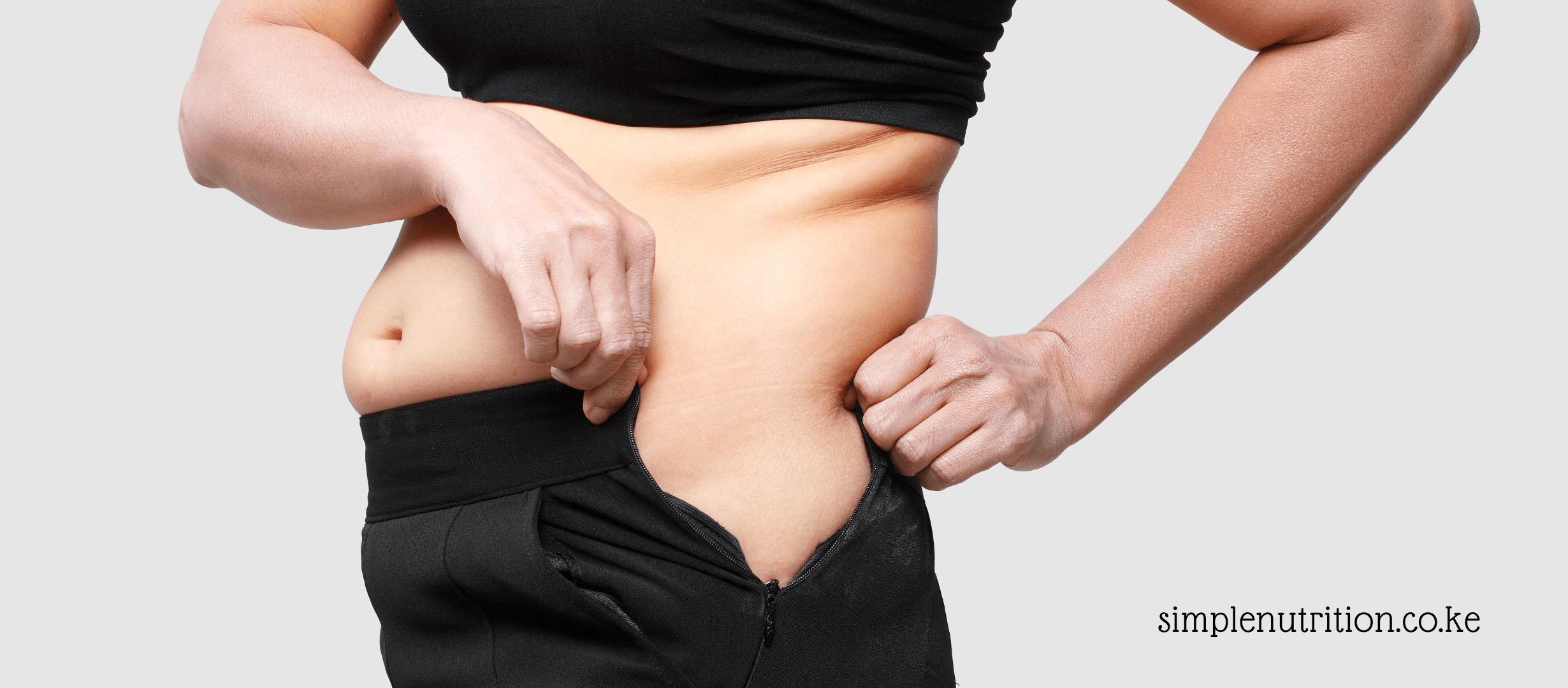Several foods can support weight loss by helping you feel full, boosting your metabolism, or providing essential nutrients with fewer calories. Here are some examples:
- Vegetables: Vegetables such as spinach, broccoli, kale, and bell peppers are excellent options as they are high in fibre and low in calories.
- Fruits: When it comes to fruits, choose berries, apples, and pears as they are rich in fibre and water content.
- Lean Proteins: Lean proteins such as chicken breast, turkey, fish, tofu, and beans can help you feel full and maintain muscle mass during weight loss.
- Whole Grains: For sustained energy and fibre, choose whole grains like quinoa, brown rice, oats, and barley.
- Nuts and Seeds: Although high in calories, nuts and seeds are rich in healthy fats, protein, and fibre, making them a satisfying snack in moderation.
- Greek Yogurt: Greek yoghurt is high in protein and low in sugar, which can help keep you full and support muscle maintenance.
- Eggs: Eggs are an excellent source of protein and essential nutrients and can be part of a healthy weight loss diet when eaten in moderation.
- Legumes: Beans, lentils, and chickpeas are high in protein and fibre, helping you feel full and satisfied.
Remember, portion control and overall calorie intake are crucial for weight loss, so incorporate these foods into a balanced diet and watch your portions.
How to eat more vegetables!
Here are some helpful tips to incorporate vegetables into your diet:
- Add vegetables to your breakfast omelettes, lunch salads, and dinner stir-fries or roasted vegetable dishes.
- Wash, chop, and store vegetables in your fridge so they’re ready to eat as a snack or add to meals.
- Experiment with different cooking methods and seasonings to find ways you enjoy eating vegetables.
- Sneak leafy greens like spinach or kale into your smoothies along with fruits for a nutritious boost.
- Try spiralized zucchini or cauliflower rice as a vegetable-packed alternative to pasta or rice.
- Build meals around vegetables, like using lettuce wraps instead of tortillas for tacos or lettuce cups for burgers.
- Challenge yourself to try a new vegetable each week or aim to eat a rainbow of colours to ensure you’re getting a variety of nutrients.
- Begin with vegetables you enjoy and gradually expand your palate to include new varieties.
By following these tips, you can easily increase your vegetable intake and enjoy the health benefits that they provide.
What’s different between whole grains and others?
Whole grains differ from refined grains primarily in their processing and nutritional content:
Whole grains are made up of three parts: the bran, germ, and endosperm. On the other hand, refined grains have had the bran and germ removed, leaving only the starchy endosperm.
When it comes to fibre content, whole grains contain more dietary fibre since the bran and germ, which contain most of the fibre, are still present. This fibre aids digestion, keeps you feeling full for longer, and promotes gut health.
Whole grains are also richer in essential nutrients such as vitamins, minerals, and antioxidants compared to refined grains. You can find essential nutrients like B vitamins (including folate, thiamine, and niacin), iron, magnesium, and selenium in whole grains.
Whole grains typically have a lower glycemic index (GI) than refined grains. This means that they lead to a slower and steadier rise in blood sugar levels, which helps prevent spikes and crashes in energy levels.
Eating whole grains has been linked to a range of health benefits, including a reduced risk of heart disease, type 2 diabetes, and some cancers. Additionally, the fibre and nutrients in whole grains can contribute to better weight management and overall well-being.
Examples of whole grains include brown rice, quinoa, barley, oats, whole wheat, bulgur, and farro. Choosing whole grains over refined grains can be a healthier option for your diet due to their higher nutritional value and associated health benefits.
What makes lean proteins better?
Lean proteins are considered better for several reasons:
Lean proteins, such as chicken breast, turkey, fish, tofu, and beans, contain lower amounts of saturated fat as compared to fatty cuts of meat or processed meats. Consuming lower amounts of saturated fat is linked with a decreased risk of heart disease and other chronic conditions.
Lean proteins are an excellent source of essential nutrients, including protein, vitamins (such as B vitamins), minerals (like iron, zinc, and magnesium), and amino acids, which are essential for overall health and proper bodily function.
If you are looking to manage your weight, lean proteins are a good choice as they contain fewer calories than fatty proteins. Moreover, protein helps in increasing feelings of fullness and satiety, which can aid in appetite control and weight loss efforts.
Protein is necessary for building and repairing muscle tissue, and lean proteins provide a high-quality source of protein without the excess fat found in other protein sources. This is particularly important for individuals who are physically active or trying to build and maintain muscle mass.
Overall, choosing lean proteins as part of a balanced diet can contribute to better health outcomes, weight management, and overall well-being.
What else should you do for weight loss?
In addition to incorporating healthy foods like vegetables, whole grains, and lean proteins into your diet, here are some other strategies for weight loss:
- Engage in regular physical activity: Participate in both aerobic exercises (like walking, jogging, cycling, or swimming) and strength training to burn calories, build muscle, and improve fitness.
- Stay hydrated: Drink plenty of water throughout the day to control hunger, boost metabolism, and support your health. Sometimes, you may mistake thirst for hunger, leading to unnecessary calorie consumption.
- Practice portion control: Be mindful of your portion sizes, use smaller plates, measure servings, and pay attention to hunger and fullness cues to avoid overeating.
- Limit processed foods and added sugars: Reduce your consumption of processed foods, sugary snacks, and beverages with added sugars, as they can contribute to weight gain due to excess calories.
- Get enough sleep: Aim for 7-9 hours of quality sleep every night because inadequate sleep can disrupt hormones that regulate appetite and metabolism, potentially leading to weight gain.
- Manage stress: Use stress-reducing techniques like meditation, deep breathing exercises, yoga, or spending time in nature to prevent emotional eating and promote overall well-being.
- Set realistic goals: Establish achievable weight loss goals and track your progress over time. Celebrate small victories along the way to stay motivated and focused on your journey.
- Seek support: Surround yourself with a supportive network of friends, family, or a professional healthcare provider who can offer encouragement, accountability, and guidance throughout your weight loss journey.
Remember that weight loss is a gradual process, and it’s essential to focus on making sustainable lifestyle changes rather than quick fixes or fad diets. By adopting a balanced approach that includes healthy eating, regular exercise, adequate sleep, and stress management, you can achieve long-term success in reaching and maintaining a healthy weight.
Discover more from Simple Nutrition
Subscribe to get the latest posts sent to your email.






